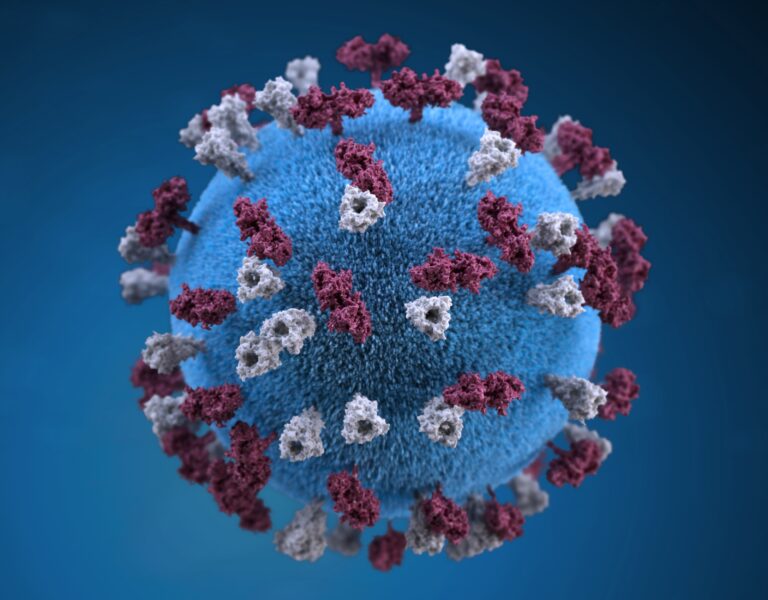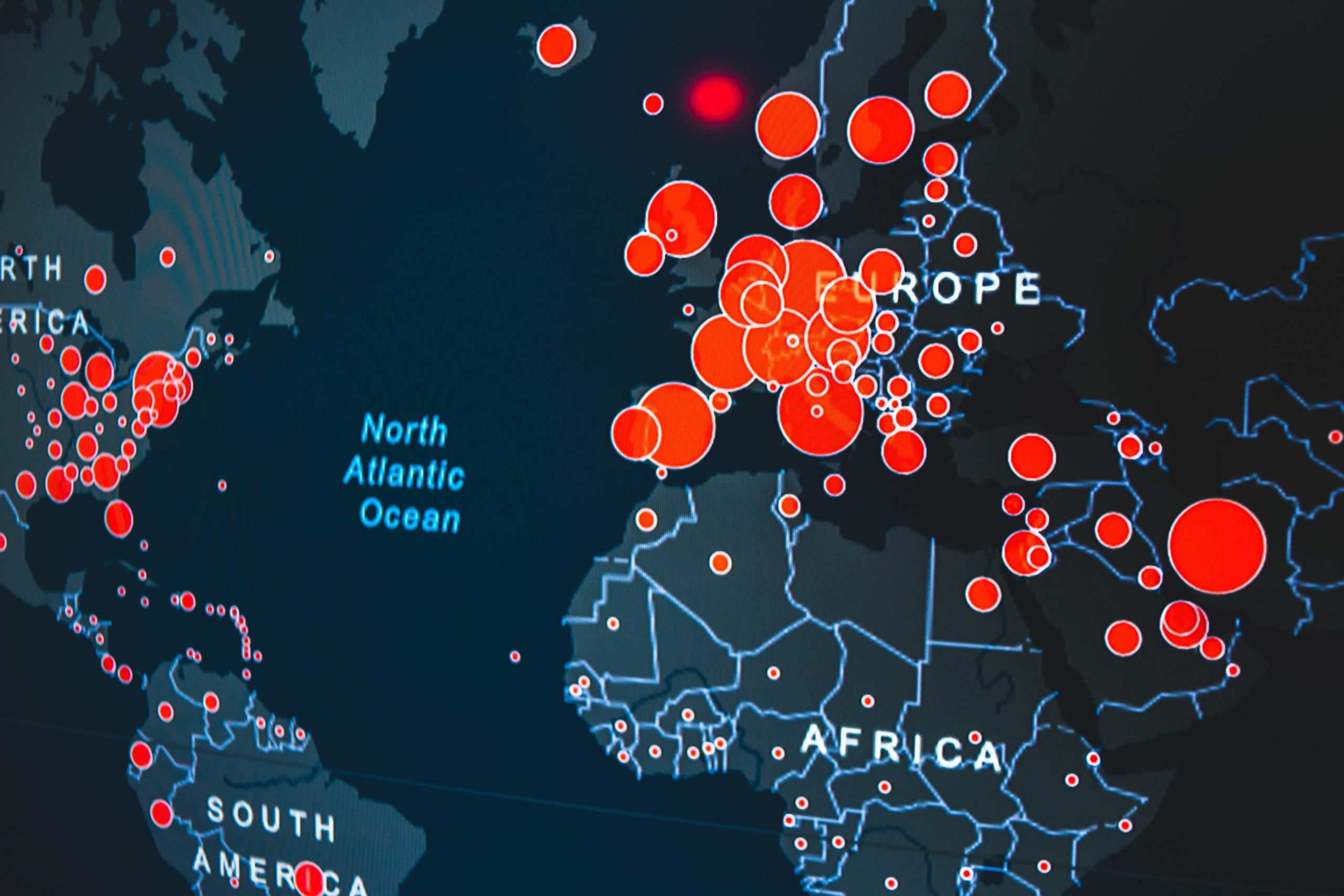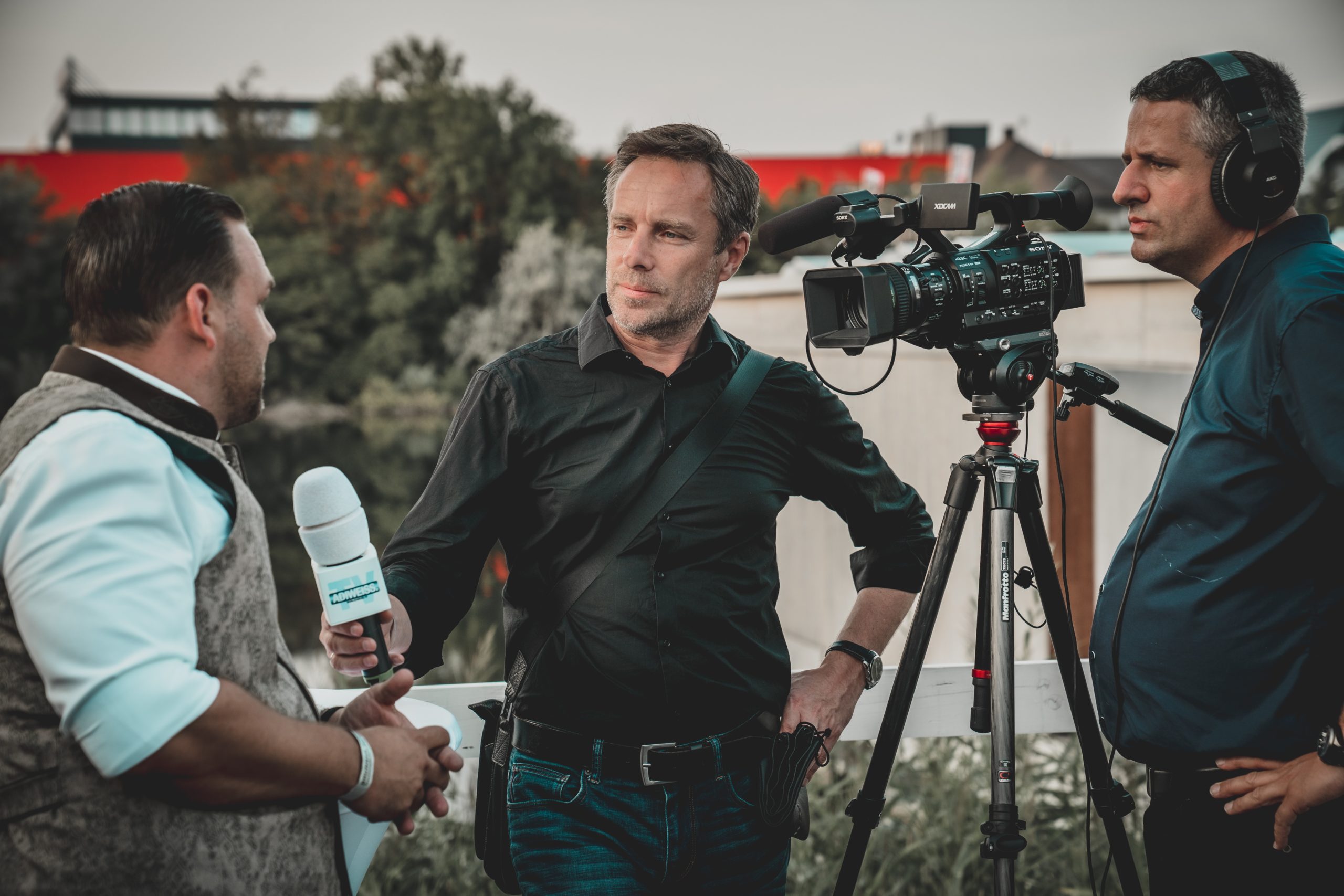
For this article I have set a very simple goal. I just want to share with you some views and lessons that this deep global crisis has left us with. Much of the content is probably not directly related to fashion and textiles, but I believe that what we can understand and learn from these experiences goes beyond our exciting industry and has the potential to make us better people and citizens.
Before listing these insights and the facts that I consider relevant, I would like to clarify that I thought it was ingenious to use the title 2020 A.D. using the well-known abbreviation “anno domini” but with its meaning readjusted to the current circumstances: “after the disease”, i.e. after the Coronavirus. It can be considered simply as a curious pun or we can use it to make visible the profound change that this pandemic will imprint on our world.
In this regard I recommend reading this article where we have analyzed the foundational questions that are triggered by the crisis of the Coronavirus: A future very different from our recent past
We didn’t see the pandemic coming; we don’t see global warming either
We were placidly asleep on a certain normality and it did not seem necessary to break our routine to face a virus originating in the distant Great Eastern Dragon.
If we couldn’t see an announced pandemic coming, caused by a new virus that was genetically decoded in record time and that prior to moving towards the West killed thousands of people in Asia, how do we expect to notice gradual global warming? Or the silent damage (at least for us and for the time being) that we are causing to nature and the environment?
We must be more honest and recognize that we prefer to go about our daily business. Perhaps, we console ourselves by thinking that something is being done and that the solution to this problem should be sought by future generations. It is not optimism, it is the lack of foresight and we are adding a significant amount of complacency and laziness to it.
With respect to our very little capacity for foresight and a certain global disregard for COVID-19, here is the link to this article where we observe this unfortunate behavior, even from world leaders: Noah and the Coronavirus
What cannot be measured cannot be improved
“We don’t possess the ability to appreciate how good or bad something is until we compare it.”
Undoubtedly, and in part, we could not clearly perceive what was happening in China with the COVID-19 for the same reasons as always regarding this country: lack of transparency, limited information, absence of reliable and verified sources, because of that “doubt” that always hangs over China like an immense black cloud in this type of events or for many other and innumerable reasons. In short, they do not give information, the information they provide is not very traceable and neither do we, the Rest of the World, request it fully and energetically. In addition, and to complete the picture, China has repeatedly demonstrated that it knows how to handle these situations with the aim of getting out unscathed and even taking advantage of it. It has done so again with this crisis and we should not allow it to happen again in the future.
In the face of this lack of vision, we needed to see Italy, its desperate situation, in order to spot and recognize the problem in which we were immersed. There we understood that the Coronavirus was a fully-fledged lethal pandemic, not precisely because of its lethality but rather because of its high degree of transmission, enhanced by our western habits, which generated a number of infected people requiring intensive care and mechanical respirators, and this was causing the health infrastructure to collapse. I must admit that even though I have been living in Asia since 2006, it was at that precise moment and by comparison with Italy, that I understood the excellent strategies adopted by Hong Kong, where I live, South Korea, Singapore and Taiwan. Italy gave us the possibility to measure, to compare between different strategies and even to see what happened if none was applied.
Science and technology
Through this process, we can clearly see that in the most efficient strategies, science and technology were added to the collective and preventive behavior of citizens, who already have previous experience in epidemics. As of this year 2020 A.D. (after the disease of Coronavirus) neither of the two can be missing, especially in those countries with significant expectations to play a leading role in this new post-COVID-19 world.
Asia, unknown to the West
Asia remains unknown (perhaps underestimated?) to the West. With the current pandemic this situation will change. The West will observe the changes that have taken place in recent years on the continent and in its most developed countries, it will try to understand them with the advantage offered by the passage of time, it will look for differences and similarities with its own culture and in certain aspects, it will try to adopt its most successful strategies. Example: how to face the next pandemic.
The substantial difference in the Asian strategy to stop the pandemic is made by the people, the appropriate behavior of each of them. It is not a question of solidarity or empathy; it is a collective behavior (also called “hive mind”) on a subject where there is previous experience. That trauma -in the case of Hong Kong it is 2003’s SARS- enabled citizens to understand the situation from the beginning and to follow the health recommendations from the very beginning and before the government made them public. It is an automatic reaction to habits that are always at hand, in the trunk of every citizen’s memories, which they occasionally dust off and bring out.
This same previous experience allowed developed Asian countries to research and acquire the necessary infrastructure and resources to face the next epidemic with knowledge, discipline and efficiency. And one day COVID-19 arrived and became a pandemic.
The media only get the news and they shout it out loud
The lack of coordination mentioned at the beginning of the article was reflected even in the mass media at the beginning of the pandemic. They receive the news of what is happening on the other side of the planet but do not know the situation in detail, cannot decode it and therefore do not have the capacity to interpret and explain it correctly.
Global thinking encourages the search for news, and digital technology through the Internet allows people to find it. By acting locally, the media have done without their special correspondents in the places where the events occur. This process is a clear example of the globalization of news, where the substitution of a journalist in the field for the simple reading on the web has generated a substantial loss of analysis. Thus it has become common to hear a simple “rant” of international news but without an accurate analysis of who normally knows the events and the place where they take place.
Private companies know how to manage a crisis
This pandemic also made it very clear that private management reacts much more quickly and efficiently than public administration. Companies have been far ahead of governments and have offered to collaborate with much faster and more effective solutions. Perhaps we could consider this as a detail, but I think I should mention it because it is very likely that it is much closer to reality than we imagine. The private sector, in the role of client or supplier, usually carries out international videoconferences to trace the path of the product, manufacture it at origin and ensure that it arrives at its destination in the best and quickest way possible. We should not be surprised that unfortunately, Western public health officials did not hold a single video conference to coordinate the strategy with their Asian counterparts when COVID-19 was just an epidemic.
We are very proud of the immense support and the countless collaborative actions that fashion and textile companies have generated on behalf of the citizens of the various affected countries.
My best wishes to all of you and your loved ones!











































